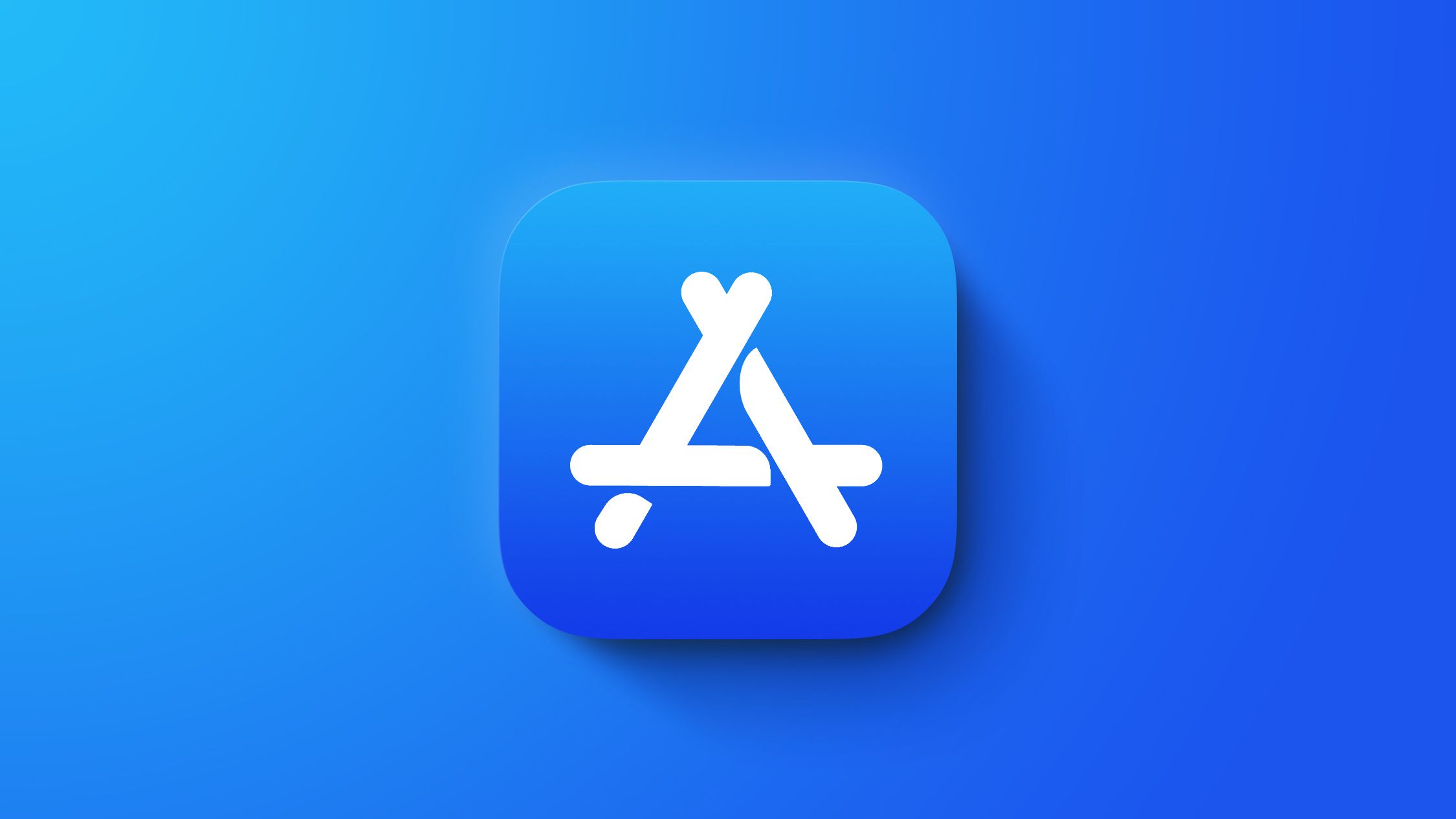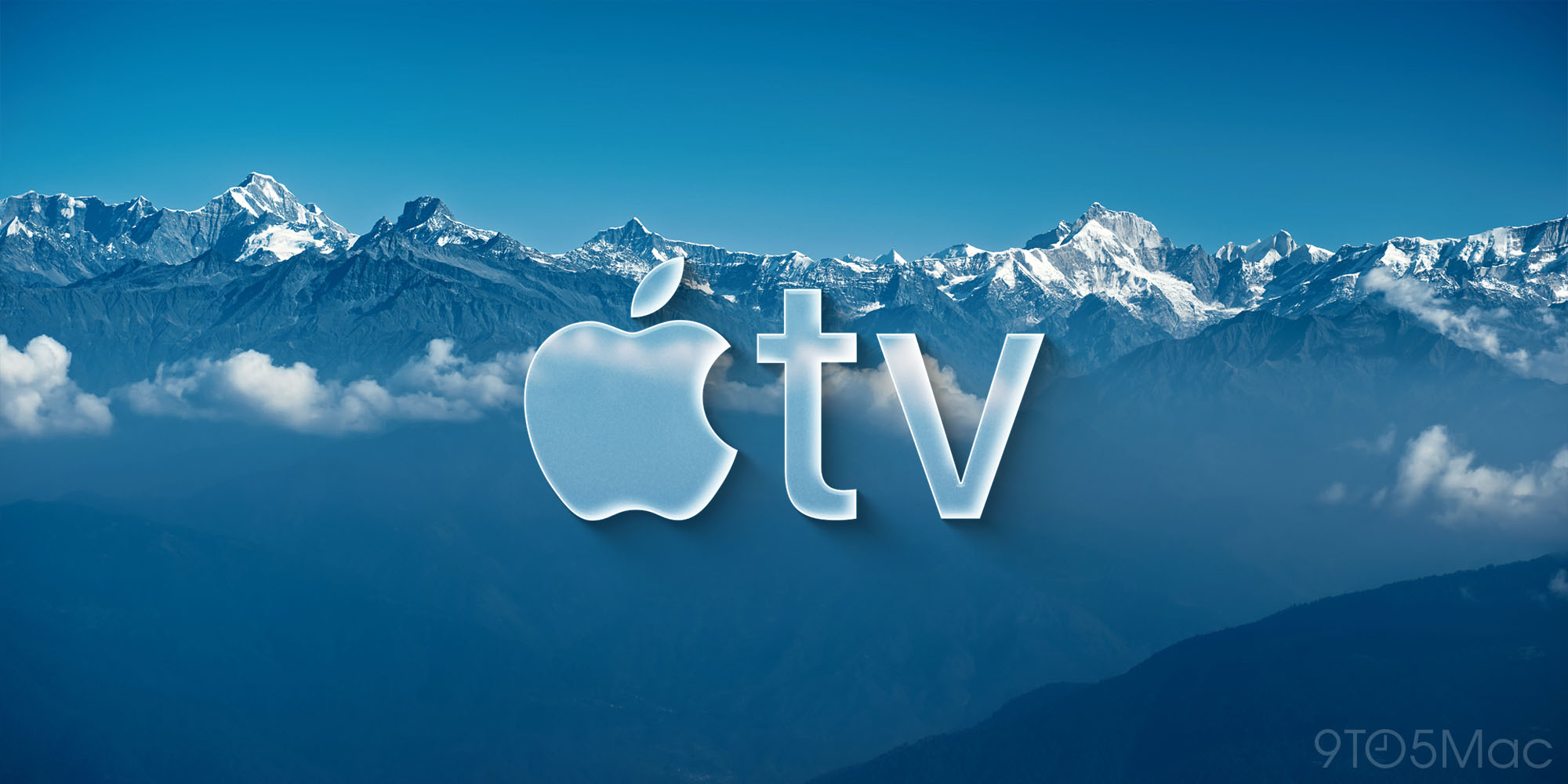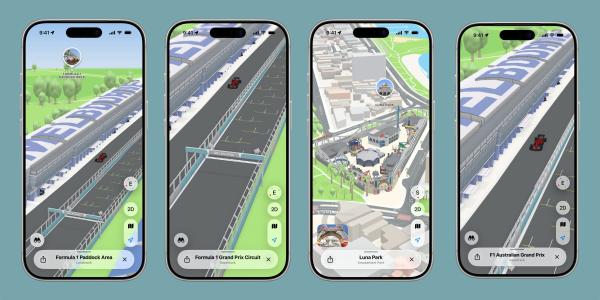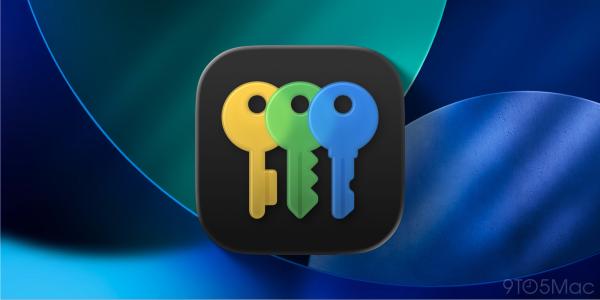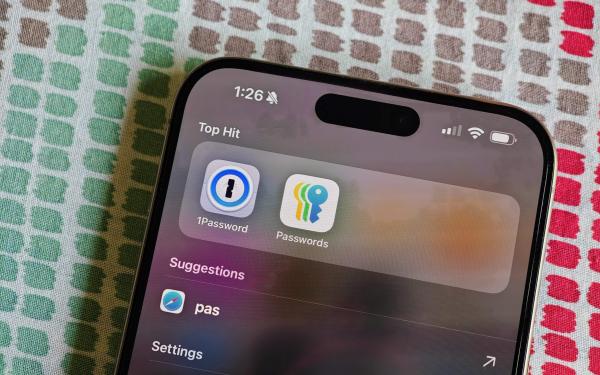iOS versus Android. It is, perhaps, the most significant rivalry of the 21st century. You could call it the tech equivalent of Muhammad Ali versus Joe Frazier, except this is a battle that was always set to run far beyond 12 rounds. It's also a debate on which everyone has an opinion. Mac fans have spent the last 20 years passionately defending their brand against the Windows-using masses, and now we see exactly the same phenomenon with iOS versus Android.
Where the laptops are concerned, we all know that there has always been a certain feeling of elitism among Mac users. To draw another parallel, it's a little like Mercedes drivers looking down their noses at the Fords and Toyotas on their neighbors' driveways. It was no surprise that a similar story emerged in the smartphone world when the iPhone first hit the shelves, but in recent years, Samsung has drawn alongside Apple as a market leader.
Today, conventional wisdom is that when it comes down to it, there's not a big difference between the two and they are 99 percent of a muchness. Indeed, for both to occupy the same space in the market so effectively and continue to vie for ultimate supremacy, that must inevitably be the case. Yet it is in that last one percent that the difference lies, and here, die hard gamers and the developers who bring the latest products to market will still favor iOS. Let's try to figure out why.
First to market
The vast majority of games are available on both platforms. But we are talking about the one percent here, and with new releases, particularly of premium games, there are still some that appear on iOS before they are available anywhere else. This lends a certain kudos to the game, the platform and even the consumer. For those who care about image, it is why iOS continues to shade Android every time.
Brand matters
Even if the above wasn't the case, Apple has one of the strongest brand images out there. It is one that is being constantly reinforced through clever product placement in movies, TV, even sport, where the coaches and pundits are seen to use their trusty MacBooks from the sidelines. We are right back at the car comparison. Is a 2019 Mercedes really that much better than the equivalent Toyota? Probably not, but it's a Mercedes.
Access to games
Take a look on the App Store and then visit Google Play. At first glance, there is nothing to tell between them, and you'll find thousands of apps on every different topic. Except, again, that's not entirely accurate when you look more closely. Take the hundreds of gambling and online casino sites as a case in point. Accessing and playing casino games on your Android is not in itself a problem. Thousands, maybe millions, of people do so every day. There are plenty of platforms and providers to choose from, either directly from the browser or via an app, and every one of them has the usual games including slots, roulette, blackjack, poker, baccarat and so on. The complication arises when it comes to locating the app itself. Google Play has been notoriously reticent when it comes to listing games of this type, although attitudes and policies do seem to be changing. The convenience of being able to download a wider choice from the App Store, however, is just another factor that counts in the favor if iOS.
Piracy
We are growing accustomed to a world in which many of the things that used to cost us money – music, movies and games being prime examples – now cost nothing, or next to nothing. The much-publicized controversy over Alto's Adventure a couple of years ago is a case in point. Even paying a dollar or two for a game, a proposition that would have seemed like a bargain 20 years ago, is something about which people are strangely reticent. When one of these premium games is ported across to Android, revenue typically plummets as users find pirate copies to download. Little surprise, then, that from a profitability perspective, developers feel far more comfortable working with iOS.
Fragmentation
Another benefit from the perspective of developers is the fact that there are far fewer variations and moving parts when it comes to iOS. This is particularly important during the development and beta testing phase. Construct an app for iOS and there are half a dozen phones and tablets to which it needs to be made compatible, and screen sizes are uniform. It simply makes for a vastly less complicated development ecosystem, compared with Android, for which there are dozens of different variations. Meeting these different requirements once the app is ready to use is one thing, but during the development phase, it is a complication that developers just don't need.
Better control
Being open source further adds to the Android complications for developers. iOS is far more rigorously structured and that is what the developer is looking for to properly test his or her new app.
Horses for courses
There is one overriding factor that is a product of all the above ingredients. The platform, the developers and the users all contribute to a virtuous circle that makes iOS the preferred choice. Buyers and developers both love the platform, the former because of its kudos and the latter because of its relative simplicity. iOS users represent an attractive market for both developers and the platform as these people are typically affluent and are early adopters. Paying money for a new game is something they will be willing to do. Developers who build games for iOS are, therefore, attractive to both the platform and the users.
Thus the circle is complete, and it runs in both directions. As long as it continues to do so, Android will always remain just that one percent off the top spot, no matter how hard it works to improve the tech behind its service offering.


